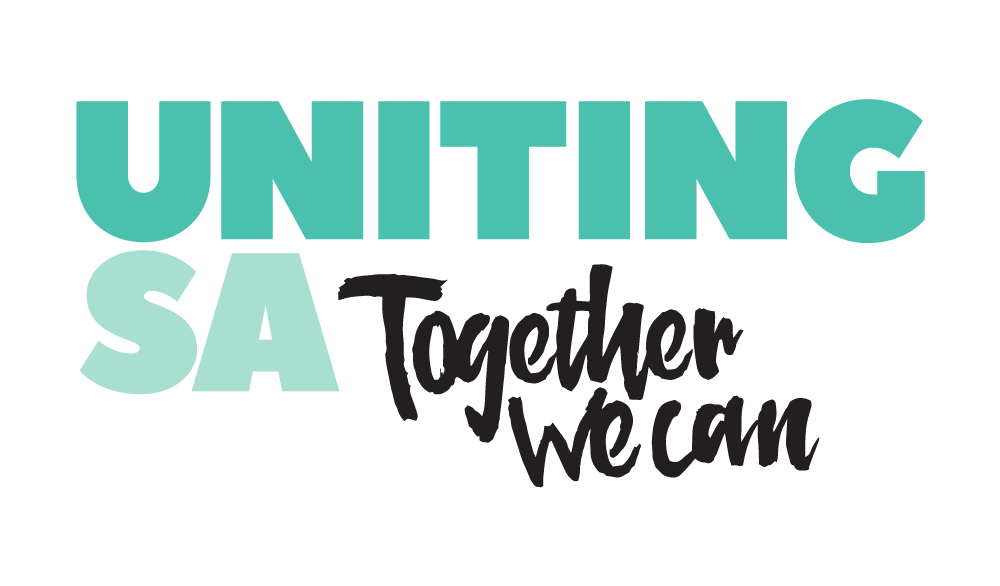With the click of a button, our Ethnic Link Services are transforming the lives of older people from culturally and linguistically diverse backgrounds.
ELS introduced an IT program last year to teach seniors with little or no English how to use the internet to improve their quality of life.
Through a series of five workshops participants are taught how to use Google Search and Google Maps, Skype, and take photos and videos.
The classes are held in the participants’ primary language, with relevant cultural images and music used to truly engage the groups.
Classes were held for the Persian and Greek communities between March and July and, following their success, they are being rolled out in Spanish.
The idea for the program was developed by the Senior Program Manager of Service Development, Tina Karanastasis, and was supported with funding from
Multicultural SA.
Ethnic Link Services Manager Angelika Tyrone says the program has exceeded all expectations with many participants going on to buy their own tablets and requesting additional workshops.
“Participants responded overwhelmingly to this program because it was presented in their own language and tailored to their needs,” Ms Tyrone says.
“They were able to explore how the internet can connect them to their family and friends, as well as their local community and country of origin.
“There were intergenerational benefits as well, with 85% of participants indicating that they felt more confident about discussing the internet with their children and grandchildren.”
Participant Manouchehr Fallah, 82, is testament to the program’s success.
Ever since Mr Fallah moved to Australia from Iran in 1997, he felt a sense of disconnect.
As a published poet, language has always been integral to Mr Fallah’s life and with limited English he found it difficult to communicate in his new country.
Mr Fallah says he will never forget the moment he Googled his own name during one of our classes.
He discovered his published books of poetry written in his native Persian were available for people world-wide to buy.
“I realised that as much as I could order a book, people could also order my book from other parts of the world through the computer,” Mr Fallah says, with the help of Persian Group facilitator and translator Parvaneh Rajaeian.
“I felt a sort of relief because I’ve been sitting and writing for such a long time but now I see people can use these books and read them.
“I am able to share all of my emotions with other people around the world. When I think about that I feel great and sit back and smile.”
Mr Fallah says the discovery has encouraged him to pursue his poetry with a new determination.
He is in the process of writing a new book of poems and says his life story won’t be far away.
He is also using Facebook to share his poetry and has bought a new mobile phone, allowing him to engage with technology wherever he is.
Mr Fallah was so overcome by the experience in our class he wrote two poems in Persian – one to the IT consultant running the sessions, and one to Ethnic Link Services.
“I tried to thank all the people who are working with Ethnic Link and helping us have a better life.”
